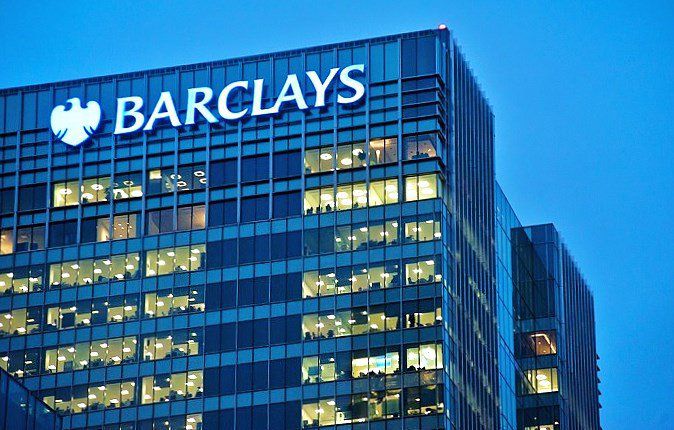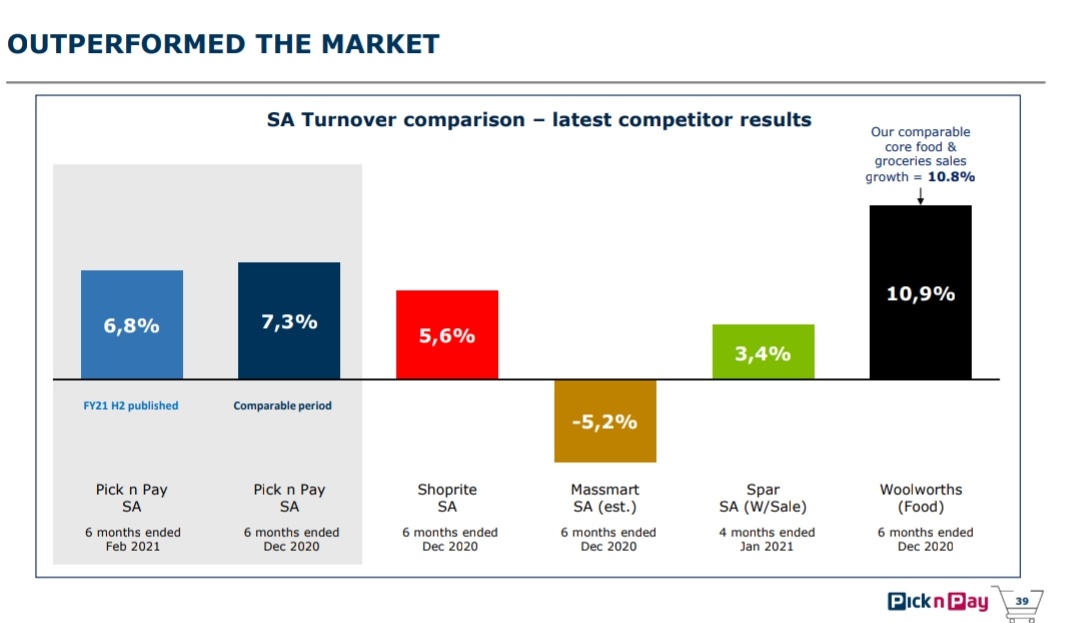
Convertible loans are great instruments when used right and bad when used wrongly.
A certain lender believes he is entitled to a 34% stake after extending a ~R46k convertible loan (1% equity conversion a day in the event of default).😩
Example of how a convertible loan work.🧵
A certain lender believes he is entitled to a 34% stake after extending a ~R46k convertible loan (1% equity conversion a day in the event of default).😩
Example of how a convertible loan work.🧵
A convertible loan is a financing method that gives the lender an option to "swap" the debt into equity.
Convertible loans normally carry low interest since the conversion would translate to equity (loan carries less risk for the lender).
There are tax implications to consider.
Convertible loans normally carry low interest since the conversion would translate to equity (loan carries less risk for the lender).
There are tax implications to consider.
Purple Group will serve as an example of how convertible loans work.
Purple Group is well know for being the parent of Easy Equities with a 70% stake.
It provides trading and investment solutions through; GT247, EasyEquities, GT Private Broking and Emperor Asset Management.
Purple Group is well know for being the parent of Easy Equities with a 70% stake.
It provides trading and investment solutions through; GT247, EasyEquities, GT Private Broking and Emperor Asset Management.

Sanlam Investment Holdings owns 30% of Easy Equities which it bought from the Purple Group for R100 million in 2017.
ABSA with its 17.5% in Sanlam Investment Holdings as well as African Rainbow Capital FS with ~20.6% have access to that 30%.

ABSA with its 17.5% in Sanlam Investment Holdings as well as African Rainbow Capital FS with ~20.6% have access to that 30%.
https://twitter.com/MaanoMadima/status/1446142986467909644?t=x9jhpXA1W61mK5tD6izJ0Q&s=19

Serialong Consortium is led by Prof Bonang Francis Mohale who was appointed as Chancellor of the University of the Free State on 4 Jun 2020.
He is also a member of the Purple Group’s board.


He is also a member of the Purple Group’s board.



On 31 August 2018, Purple Group entered into a loan agreement with a Black Empowered Consortium named Serialong led by Bonang Mohale.
Consortium advanced a loan of R25m to Purple Group.
The loan bore interest at 11.5%, with 30% of monthly accrued interest being paid monthly.
Consortium advanced a loan of R25m to Purple Group.
The loan bore interest at 11.5%, with 30% of monthly accrued interest being paid monthly.
The
remainder (70%) was capitalised.
The loan outstanding plus capitalised interest (70%) was repayable on 31 August 2021.
Serialong Consortium was granted an option to convert the Loan Outstandings into Purple Group shares at anytime on or before 31 August 2021.
remainder (70%) was capitalised.
The loan outstanding plus capitalised interest (70%) was repayable on 31 August 2021.
Serialong Consortium was granted an option to convert the Loan Outstandings into Purple Group shares at anytime on or before 31 August 2021.
The conversion option was at a price per share of 22.87 cents, which represented a 10% discount to the 30 day weighted average traded price of Purple Group shares for the 30 business days preceding 28 August 2018 which was the date that the conversion option was agreed.
What was the rational behind the loan?
1) Wanted to raise longer term funding to settle amounts which were due and payable in respect of loans owed to the Industrial Development Corporation.
1) Wanted to raise longer term funding to settle amounts which were due and payable in respect of loans owed to the Industrial Development Corporation.
2) provided the Purple Group with the opportunity to introduce a structure that would (if the option is elected) result in a sizeable shareholding in Purple Group being held by an active black empowered shareholder.
On 24 Aug 2021, Serialong elected to convert the loan outstandings
(R30 929 189) into Purple Group shares at a price per share of 22.87 cents.
The number of Purple Group shares that will be issued to Serialong is 135 239 128 which is 11.46% of the issued capital of Purple Group.
(R30 929 189) into Purple Group shares at a price per share of 22.87 cents.
The number of Purple Group shares that will be issued to Serialong is 135 239 128 which is 11.46% of the issued capital of Purple Group.
As at 31 August 2020, The Purple Group’s biggest creditors were;
Industrial Development Corporation (IDC)
Serialong Consortium
Sanlam Investment Holdings.
The conversion by Serialong Consortium removed a significant amount of debt from The Purple Group’s balance sheet.

Industrial Development Corporation (IDC)
Serialong Consortium
Sanlam Investment Holdings.
The conversion by Serialong Consortium removed a significant amount of debt from The Purple Group’s balance sheet.


• • •
Missing some Tweet in this thread? You can try to
force a refresh




















